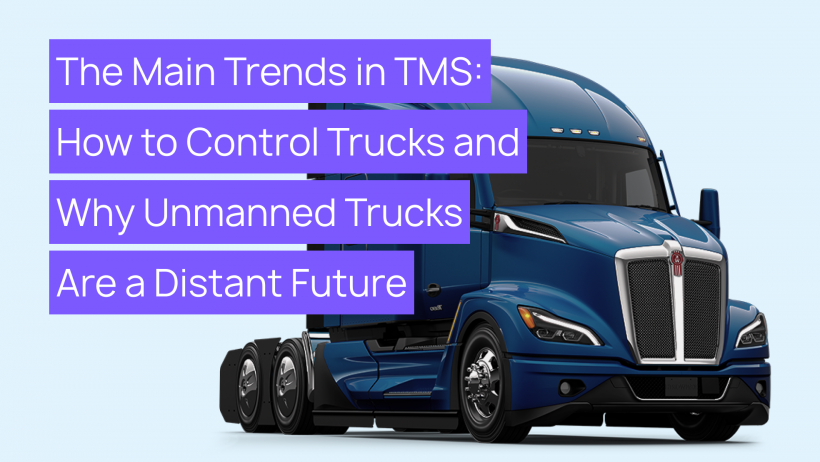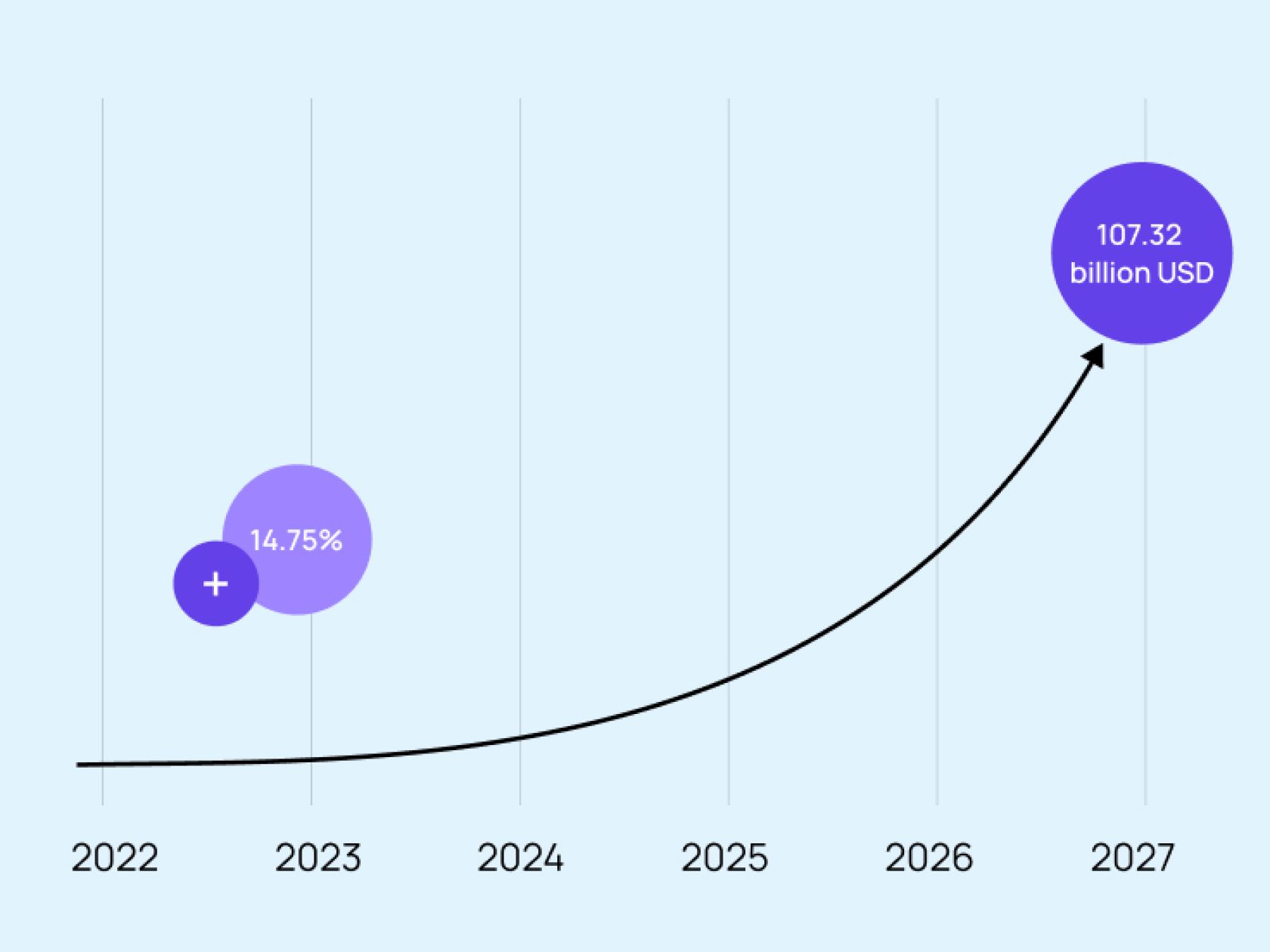The content of the article:
One of the most prominent trends for TMS 2022 is the continued growth of SaaS solutions. The development of networks has also altered the way in which how companies approach investments and think about upfront expenses vs. the amount of time it will take to see a return on their investment. Additionally, software companies today provide a variety of launch alternatives, some of which are free or have a nominal cost associated with them.
Trends in Logistics| What Effect Will Autonomous Cars Have on the Logistics Sector?
The logistics and supply chain activities are expected to be substantially altered by recent technological advancements. These technologies claim to increase productivity and save money by using 3D printing, workplace automation, artificial intelligence (AI), and big data analytics.

New technology, such as self-driving automobiles, has the potential to revolutionize logistics. Self-driving automobiles can be made a reality thanks to GPS, cameras, and sensors. Automakers and IT companies like Google and Apple have invested much in this new technology. How will driverless vehicles impact the logistics industry?
Efficacy
Autonomous vehicles can make split-second judgment calls, something that humans are not capable of doing. A self-driving car can process vast amounts of data in seconds using artificial technology.
The autonomous vehicle can determine the optimum transit routes to reduce the amount of time spent on the road, escape traffic jams by adhering to the laws governing the lanes, and drive at the ideal speed while platooning to optimize fuel efficiency.
The use of autonomous cars has the potential to improve the efficiency of logistics companies by cutting fuel costs and shortening delivery times.
Cost-cutting
Because they make decisions more quickly, autonomous vehicles reduce the amount of time and fuel they use. Improved safety lowers the expense of damage and insurance claims. It's possible that, in the future, insurance companies will charge less for cars that drive themselves due to their low error rate. The expense of human labor, which makes up a significant portion of total transit expenses, will be reduced for logistics organizations.
What is Worth not Worrying about?
There is a driver shortage across the state, which presents a perfect opportunity for firms that employ self-driving trucks; nevertheless, their robot drivers and the clients who use their services the most are not yet prepared.
As a result of increased demand brought on by increased shopping done online and faster delivery times, the trucking sector in the United States is facing an unprecedented shortfall of 80,000 drivers.
The investors are holding out hope that driverless trucks will become popular. Large logistics companies, which will likely become the consumers of digital startups in the future, are not in a hurry to sign major contracts. In the context of restricted cooperation, multiple vendors' technologies are evaluated.
Why we are not ready for self-driving cars
/_4%20(1).png)
Our lives are going to improve as a result of autonomous vehicles drastically. To take advantage of this new technology, we will need to adjust to its requirements. This means being ready for significant technical efforts to provide next-generation wireless operators to urban areas. In the future, driverless cars will utilize high-bandwidth mobile connections to exchange and acquire data wirelessly.
Sensor data is gathered by autonomous vehicles, and then it is processed by computer programs called algorithms. These algorithms communicate with the vehicle to instruct it where to drive, how fast to move, and when to halt.
The Growth of the Logistics Market
It is anticipated that the market for retail logistics in the United States will grow at a compound annual growth rate of 14.75 percent, reaching 107.32 billion USD by the year 2027.
The logistics business will not be disappearing any time soon. As long as there are companies that produce goods for human use, there will also be a demand for the means to transport those goods. In addition to this, this market may develop in tandem with the anticipated expansion of the economies of the United States and the rest of the world.
The field of logistics is a challenging one that calls for expertise and precision. Because of the rapid expansion of industry, logisticians are required to perform in environments that are both fast-paced and competitive. Those who enter this industry with the mindset and work ethic to succeed will find a wealth of opportunities for their careers and finances.

Conclusion
Do not pursue trends if you are a mid-sized player; instead, contribute positively to the improvement of the company operations that are already in place. Don't get ahead of yourself; instead, focus on getting what you already have to avoid falling further behind.
While some businesses are contemplating whether or not to replace their autonomous drivers, you can already boost the effectiveness of your drivers, thus reducing certain costs and increasing your profits.




